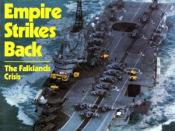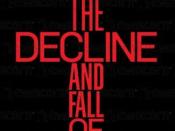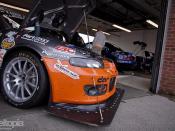I was recently looking over two articles over the Ginna nuclear-power plant accident in different magazines. The first being Time, whose article in the week of February 8th, 1982 was titled "Springing a Radioactive Leak." In the same week authors, William D. Marbach, Susan Argrest, John Carey and Mary Lord, from Newsweek Magazine published a similar article titled "Again a Nuclear Mishap." When reading these articles I discovered just how different their viewpoints were expressed through the content of the article, the different choice of words each author had used, and the way both articles explained the same aspects differently.
Just by glancing at the Time article compared to the Newsweek article, The Time article was significantly smaller than the Newsweek article. Time just briefly stated the causes and ended with a brief conclusion. Newsweek on the other hand explained in depth what the cause was and included a diagram to show readers exactly what went wrong.
This article also concluded with knowledge on how this would affect people's lives. The first thing people look at when they decide on whether or not they are going to read an article is the title. "Springing a Radioactive Leak," the title of Time magazine's article was not as serious as Newsweek's title, "Again a Nuclear Mishap." Comparing leak with mishap is a big distinction. Leak simply tells me that something little happened and it's easy to fix. Mishap tells me that something is wrong and it will be a long while before things get back to normal. When reading Time's title someone's reaction would be calm and relaxed and would simply just blow it off. When on the contrary Newsweek's title screams that something is wrong and there needs to be something done. Time's article gives the reader the feeling that they...


